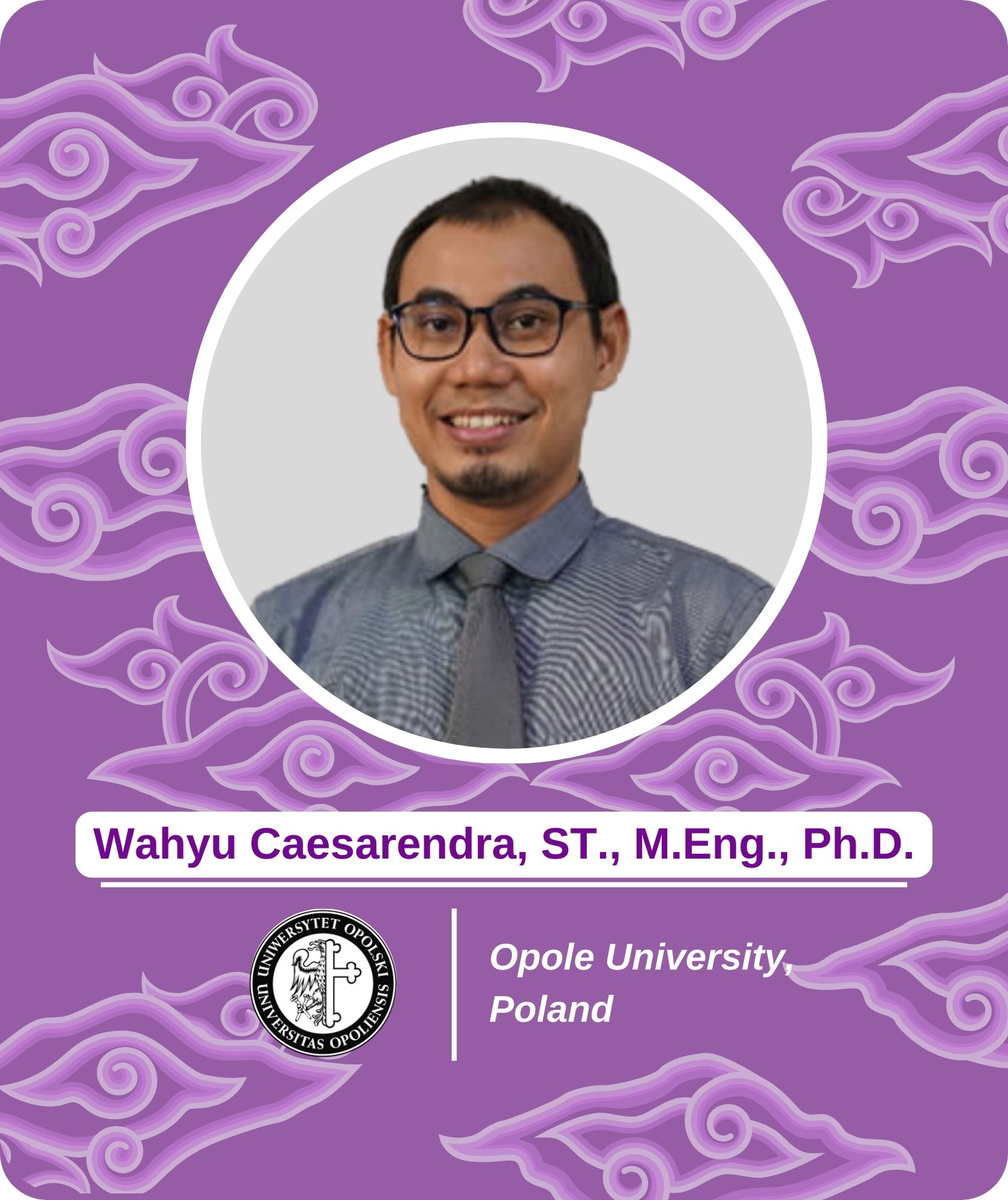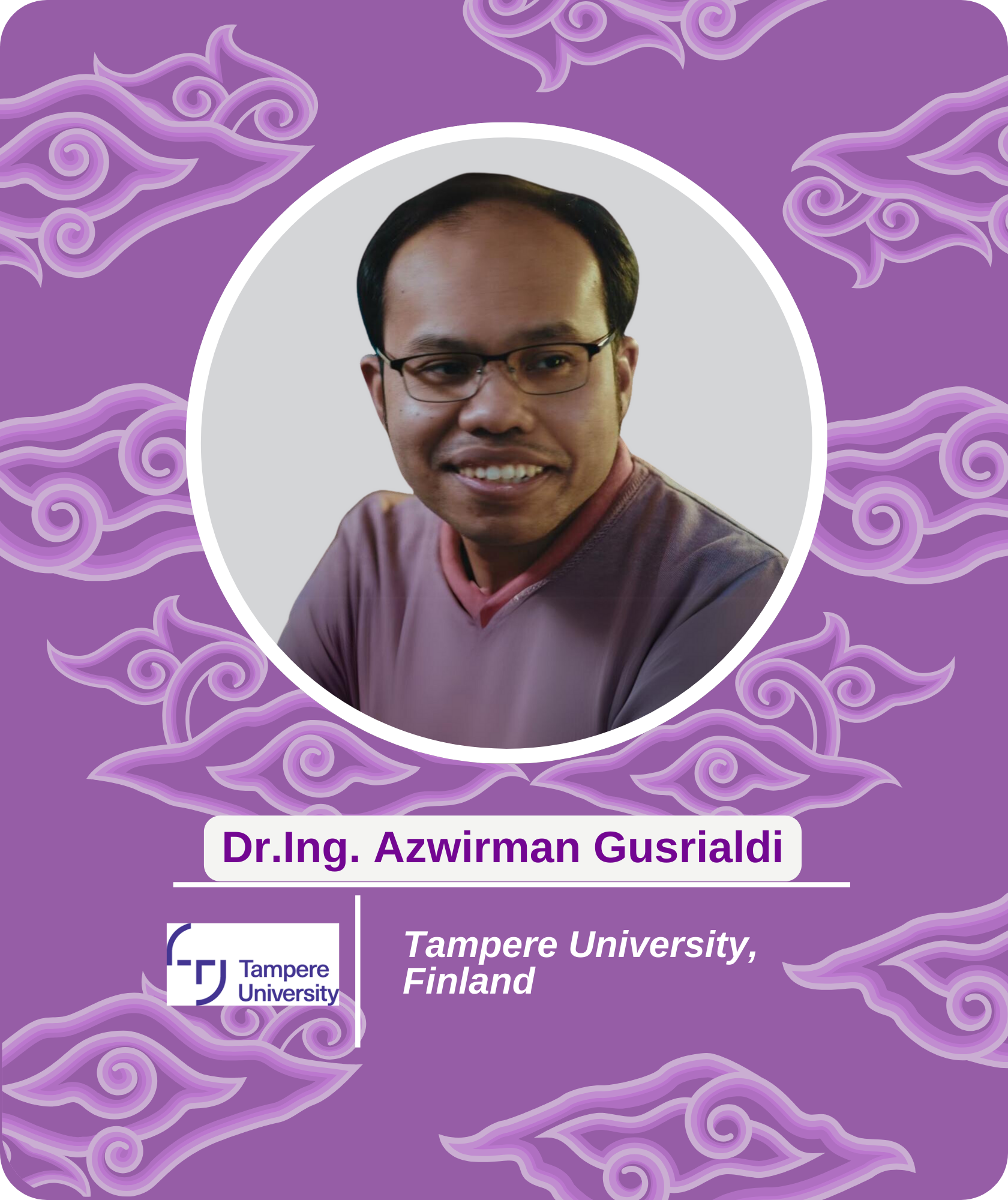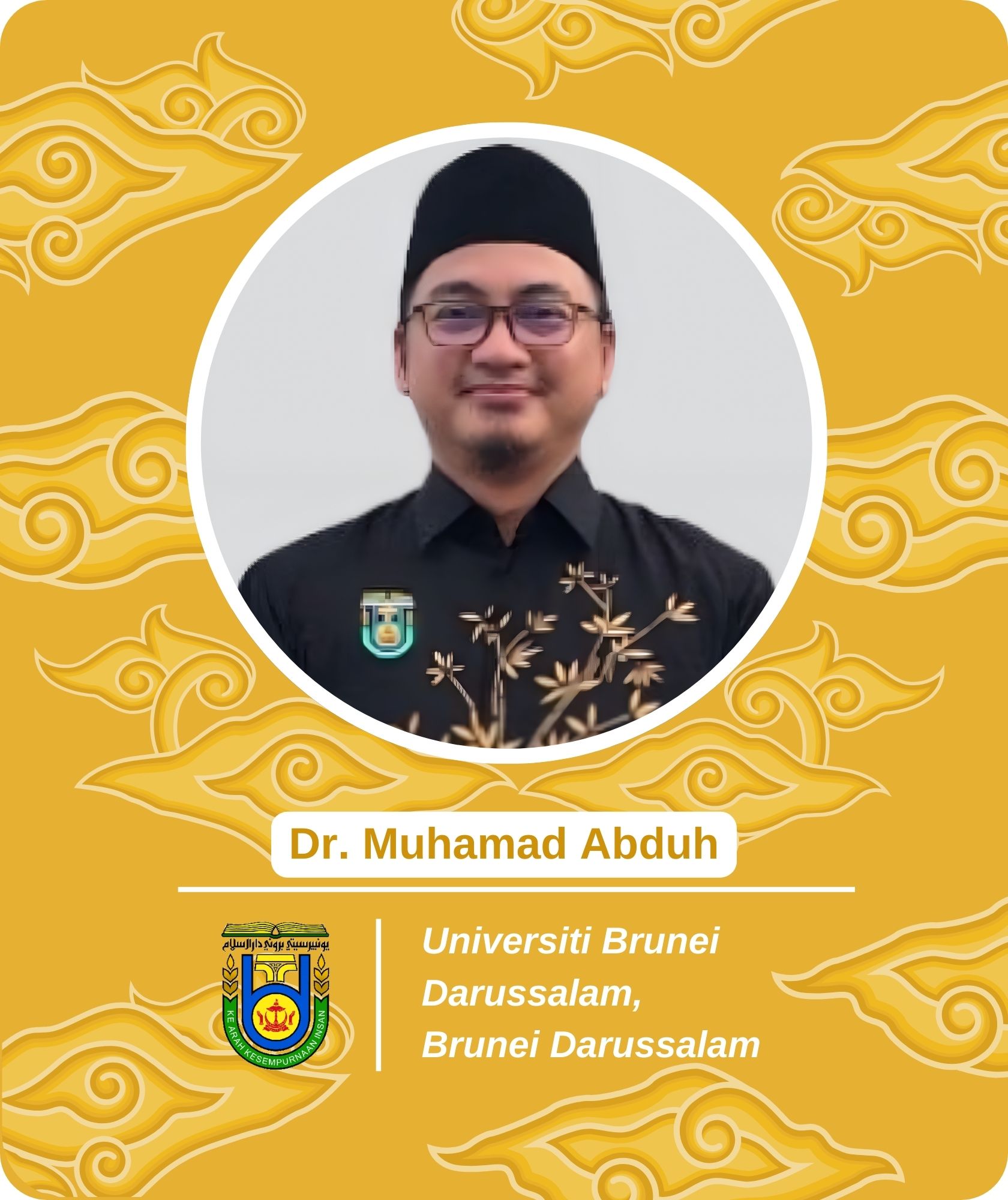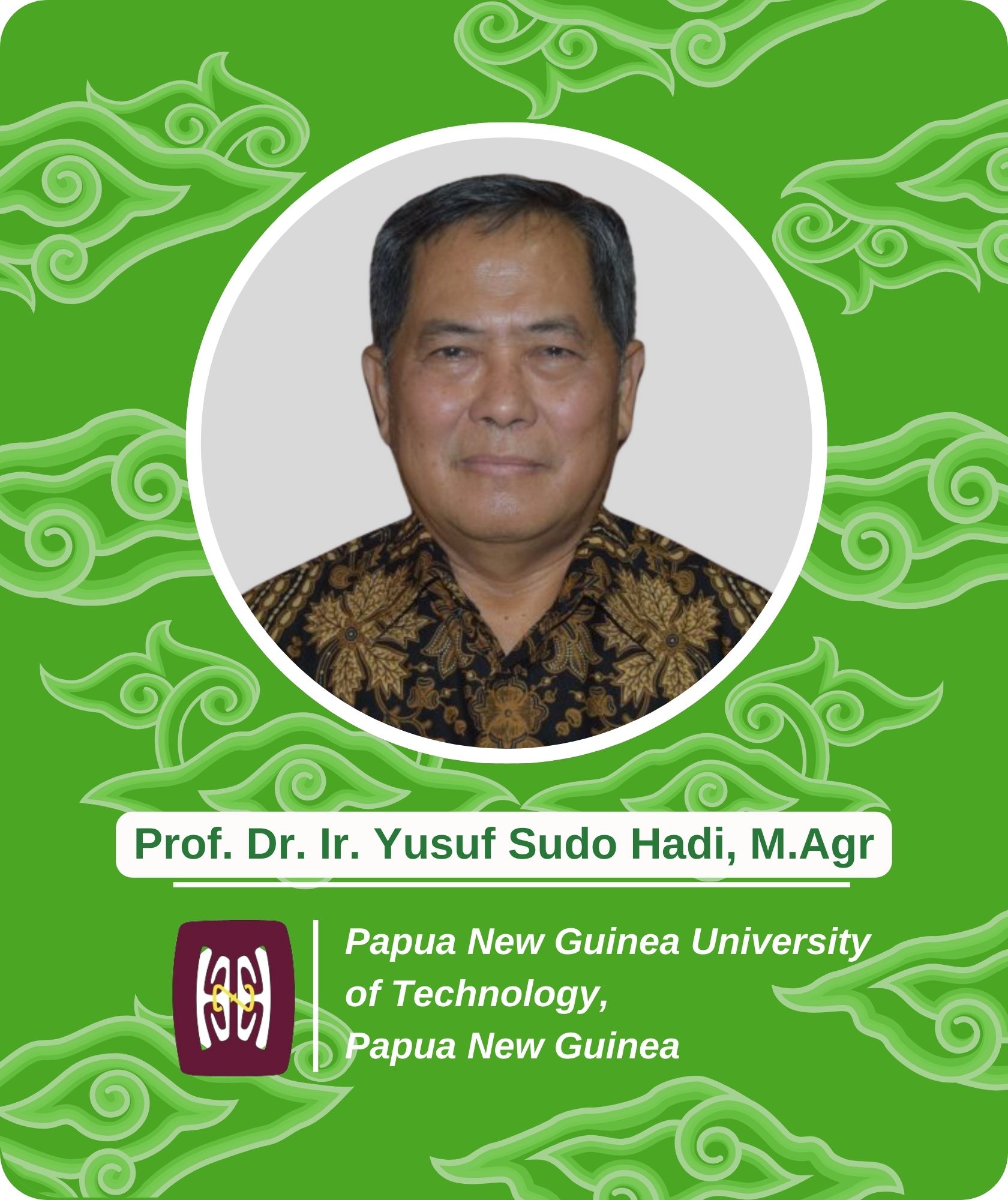Development of clean water supply policies to achieve SDG 6 targets in Bengkulu City
This title has been presented on Thursday, December 14, 2023 at 13.40-13.50 GMT+7.
Abstract
This title has been presented on Thursday, December 14, 2023 at 13.40-13.50 GMT+7.
Population growth and economic development in urban areas significantly increase the demand of clean water. Meanwhile, water resources are facing increasing pressure due to environmental pollution. In relation to SDG goal 6 that mandates the availability of clean water as a basic need for all, this research aims to develop a policy scenario for sustainable clean water supply in Bengkulu City. The method used is an integration of interpretive structural modelling (ISM) and system dynamics (SD). The simulation shows that the average total water demand in 2030 under existing conditions reached 800,577 m3/month (9.61 million m3/year); under 50% service coverage conditions it became 914,865 m3/month (10.98 million m3/year); and under 75% service coverage conditions there was an increase in total water demand to 1.32 million m3/month (15.88 million m3/year). In addition, to fulfil water availability in 2030, the following policy scenarios were simulated: (i) business as usual scenario, a shortfall in water availability; (ii) pesimistic scenario, water availability can meet service coverage by 43%; (iii) moderate scenario, water availability can meet service coverage by 50%; and (iv) optimistic scenario, water availability can meet service coverage by 75%. Some policy directions for the sustainability of clean water supply in Bengkulu City, namely integrated water resources management with community involvement; additional clean water infrastructure; and reduce water loss through regular checking of water distribution pipes.




















